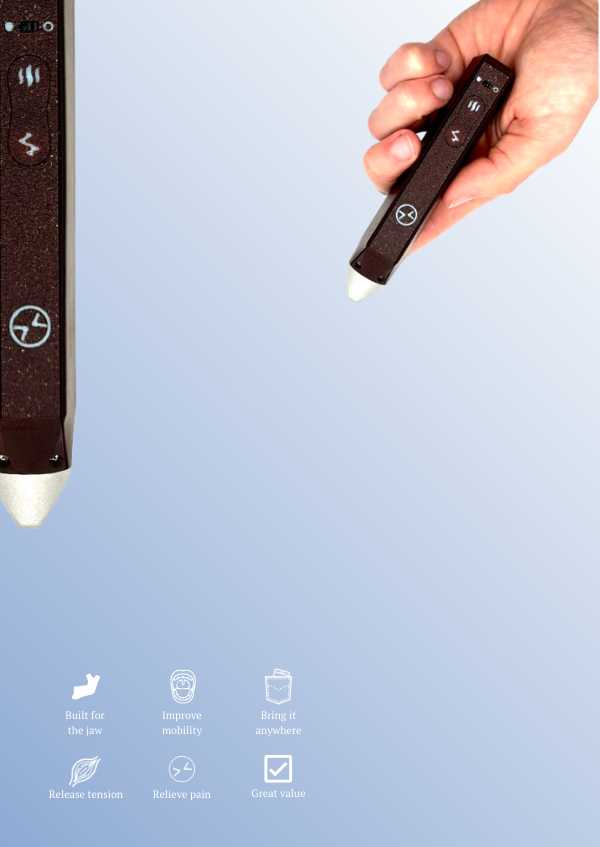Why is My Dentist Clueless About Jaw Pain & TMJ?
If you’re someone who has been dealing with TMJ Disorders for a long time, you won’t be surprised to find out that Orofacial Pain was only accepted to be a dental specialty in 2020 (1). Before then, dentists had little incentive to study the jaw, even though for most people, they were the first point of contact for initial TMD symptoms. So it’s almost too classic to hear a story like this

If you’re someone who has been dealing with TMJ Disorders for a long time, you won’t be surprised to find out that Orofacial Pain was only accepted to be a dental specialty in 2020 (1).
Before then, dentists had little incentive to study the jaw, even though for most people, they were the first point of contact for initial TMD symptoms.
So it’s almost too classic to hear a story like this from one of our readers:
The reason for this response is because the only thing dentists were really trained to look for in regards to TMJ is bruxism (clenching) or grinding of the teeth.
To be fair, this is often a root cause of TMJ Disorders as it has been shown clenching can increase the forces on the TMJ by 4x (2), which over time may cause joint tissue deterioration on top of the damage caused to the teeth.
Even more common, overstimulation of jaw muscles can create muscle spasms (muscle knots) which can be a reason for pain. Worse than that, muscle spasms around the articular disc in which your TMJ rests can pull it out of place and result in much greater pain, clicking, and lockups.
There is also bite misalignment, which again may over time put asymmetric pressure on the TMJ, and lead to TMD. This is something that dentists historically like to treat with occlusal splints, which are a whole 'nother world within TMD treatment.
Regardless, without the requirement to, there are too many dentists out there today that don’t understand the interplay between the complex system that is the jaw and your teeth. So if they aren’t thorough, we recommend you keep doing research and see a specialist if there is a good one near you.
References:
- https://aaop.org/specialty/
- https://www.ncbi.nlm.nih.gov/pmc/articles/PMC9931504/#:~:text=They%20can%20treat%20bruxism%2C%20headaches,equally%20effective%20as%20other%20therapies.
If you found this article interesting or informative, consider following us on instagram @mytmjrelief



